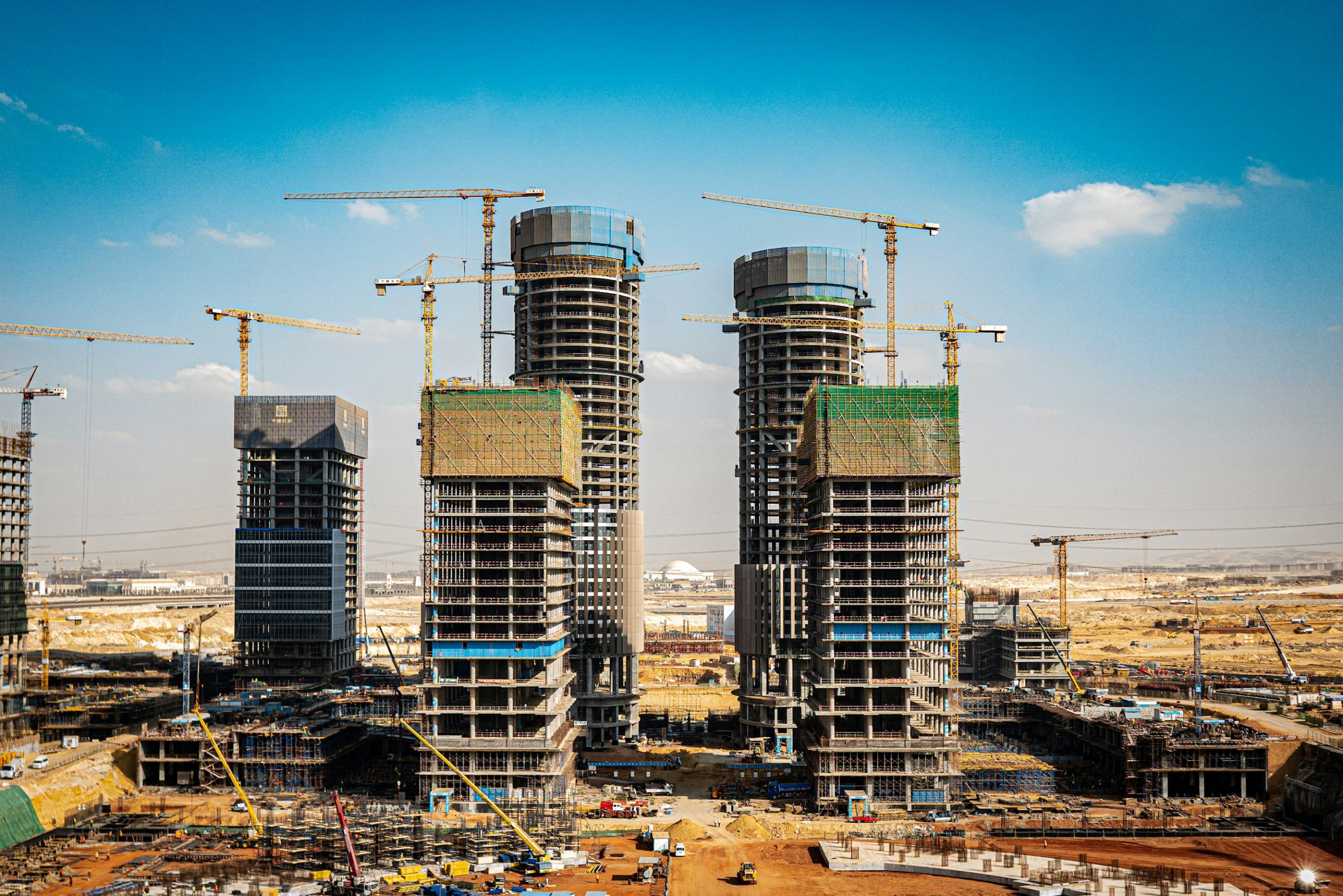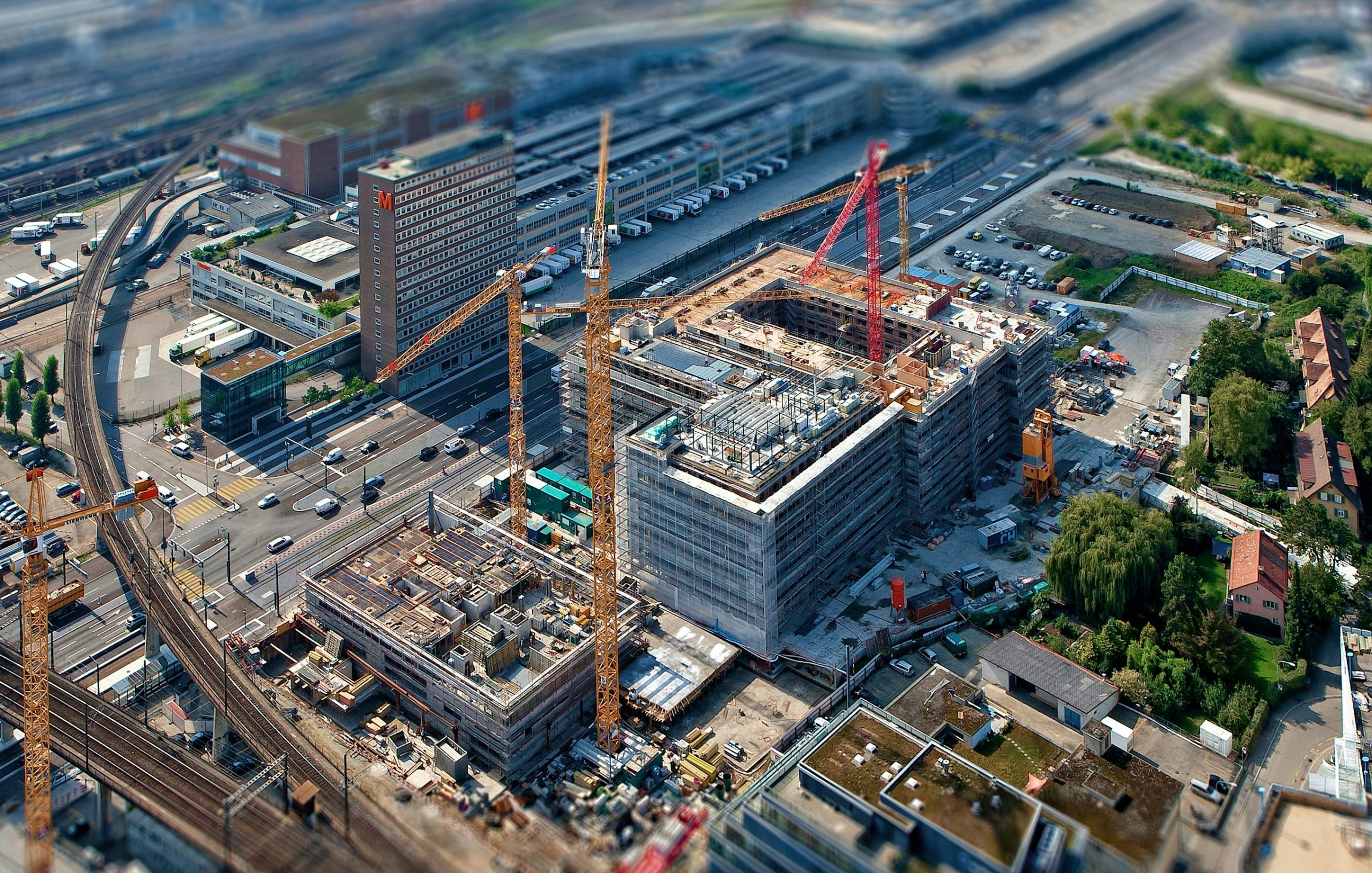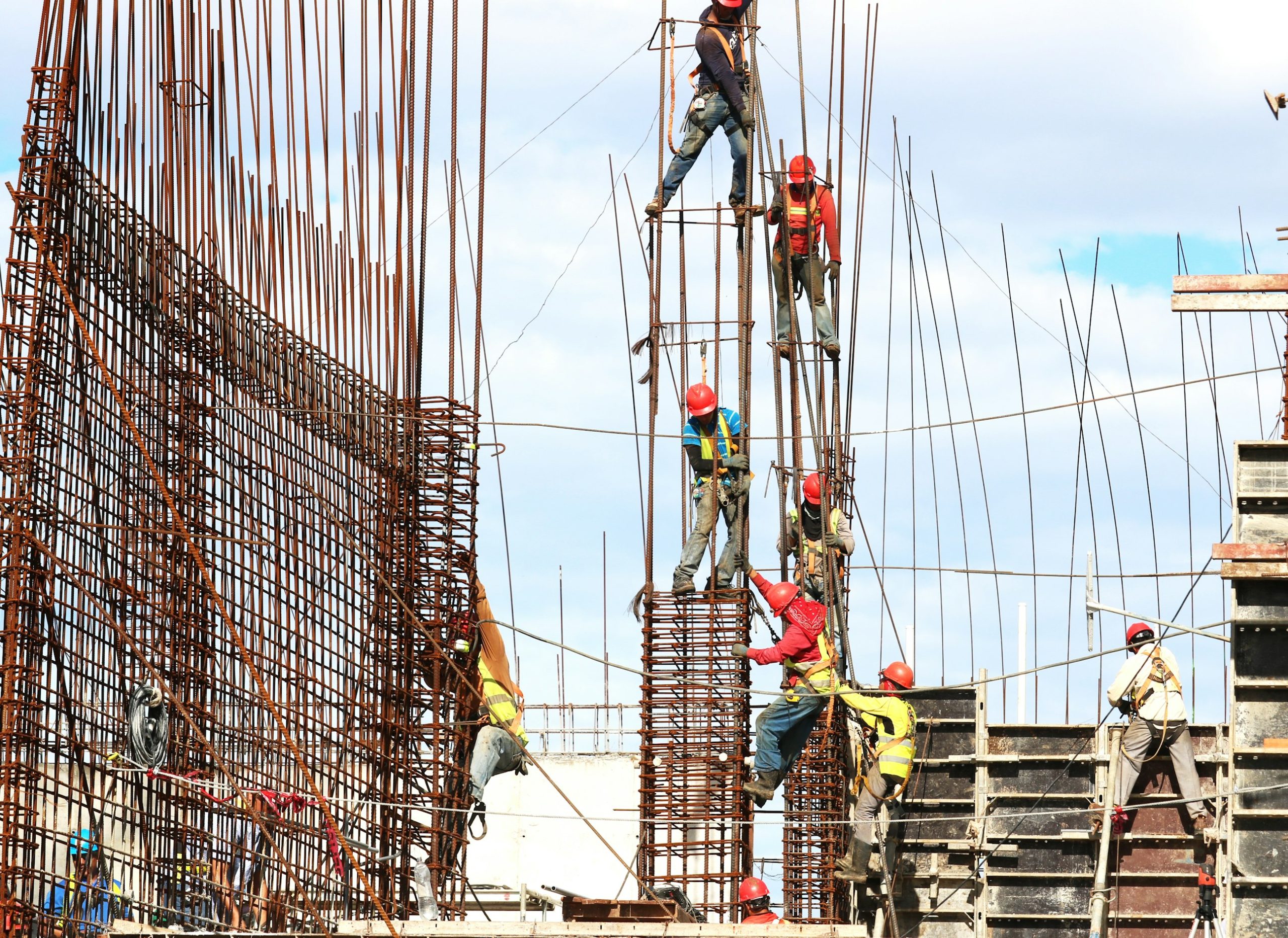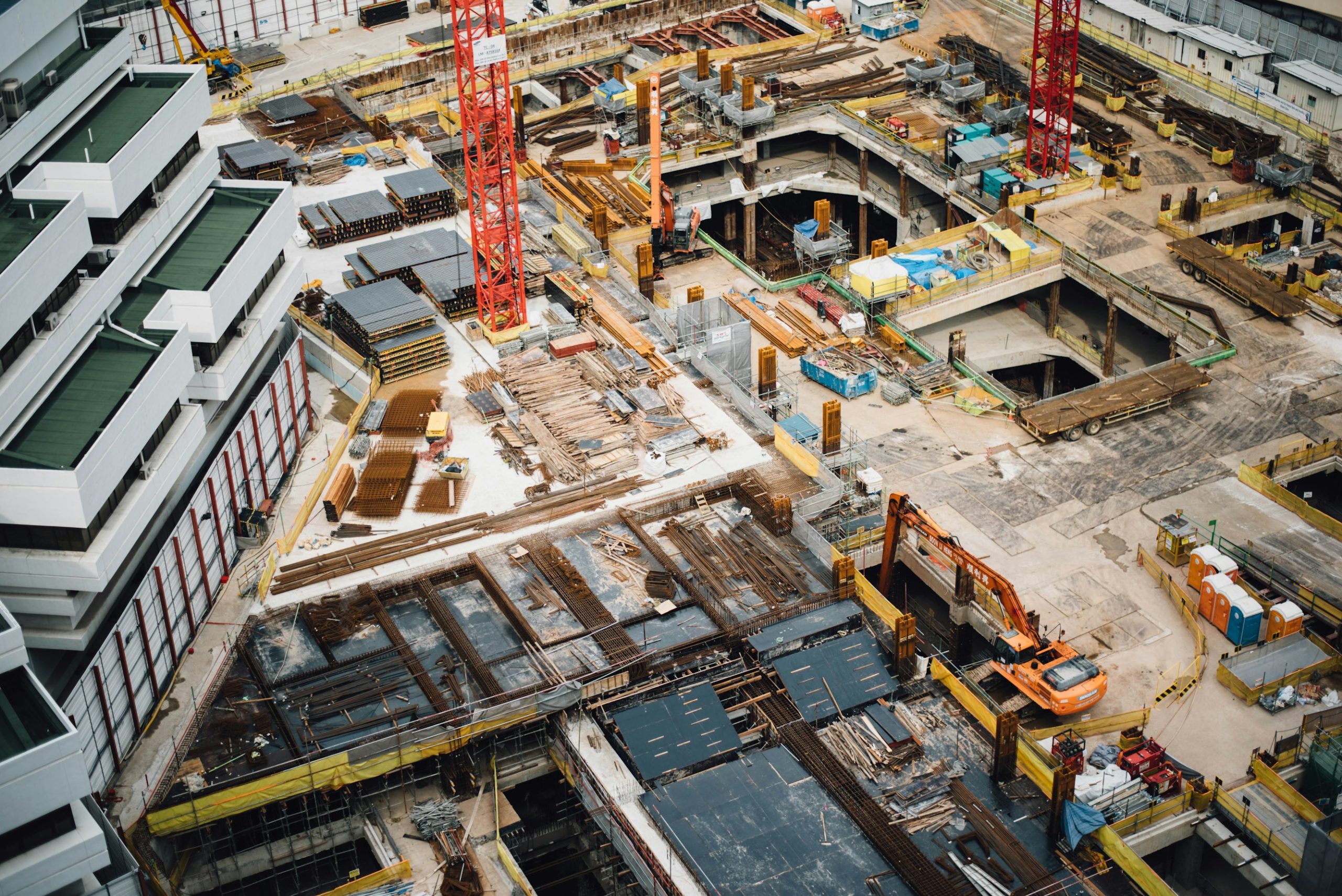How AI is Enhancing Modular Construction Efficiency
In recent years, AI has emerged as a game-changer in various industries, and the construction sector is no exception. Modular construction, known for its benefits in efficiency and sustainability, is being redefined by the integration of AI technologies. The adoption of construction project management software powered by AI is leading to enhanced operational efficiency, reduced costs, and improved safety standards. This article explores how AI is transforming modular construction efficiency and the ways platforms like Zepth can support this technological revolution.
Accelerated Project Delivery
One of the most significant impacts of AI in modular construction is the acceleration of project delivery. Through the optimization of project schedules and resource allocation, AI-powered project management systems streamline the construction process, enabling faster completion times. By utilizing construction project tracking software, stakeholders can monitor progress in real-time, adapting to changes dynamically. As a result, modular construction projects can meet tight deadlines without compromising on quality.
Error Reduction and Quality Control
AI contributes substantially to reducing errors throughout the construction process, from the design phase to final assembly. AI tools for construction can analyze design parameters to enhance the strengths and efficiencies of modular components. Furthermore, AI-driven solutions automate quality control checks, identifying errors early, and thus preventing expensive rework. This proactive approach not only leads to higher-quality buildings but also mitigates risks associated with construction error management, a key aspect of construction risk management.
Cost Savings and Resource Efficiency
AI’s ability to enable better forecasting and resource management results in significant cost savings. By preventing unnecessary expenditures and optimizing the use of materials, construction costs can be lowered dramatically. This is especially true for modular construction, where material waste can be reduced through precise planning. AI-supported tools can integrate with existing construction financial management tools to ensure that project budgets remain compliant and efficient. Zepth’s Project Financials can further enhance this experience by providing comprehensive tools for cost control and budgeting.
Design Optimization through BIM Integration
The fusion of AI with Building Information Modeling (BIM) is transforming how modular components are designed. AI can evaluate various factors, including structural integrity and manufacturability, to create optimized designs that are not only lighter and stronger but also more cost-effective. This integration extends to prefabrication planning and assembly timelines, resulting in a smoother workflow throughout the construction lifecycle. With the right construction submittal software, teams can ensure that the design process aligns accurately with project goals.
Improved Communication and Collaboration
Effective communication is critical in construction projects, especially considering the number of stakeholders involved. AI enhances communication and collaboration by acting as a virtual assistant that coordinates activities across various disciplines. This capability increases flexibility in project scheduling, allowing teams to work together more effectively. Platforms like Zepth offer features such as Zepth Mail, which simplifies communication by linking messages directly to relevant project activities, thereby improving overall project coordination.
Enhanced Decision-Making with AI Analytics
Incorporating AI into modular construction improves decision-making by leveraging data analysis. AI tools analyze vast datasets to yield insights that enhance the performance and sustainability of construction processes. Real-time construction project data can now inform project managers on the best courses of action, ensuring informed decisions are made quickly. Zepth’s Insights feature provides advanced analytics that presents actionable data and project metrics, ensuring that stakeholders have the necessary information at their fingertips.
Workplace Safety Improvements
AI is also a key player in enhancing workplace safety. It identifies potential risks in real time, enabling immediate action to be taken. For instance, AI risk management in construction includes the ability to detect safety violations and notify personnel, thus reducing accident rates. AI-powered robots can also undertake hazardous tasks, further protecting workers. Integrating safety measures with Zepth’s HSE tools affirms a commitment to maintaining high safety standards on construction sites.
Logistics and Supply Chain Optimization
Effective logistics management is vital in modular construction for timely deliveries and efficient installation processes. AI streamlines logistics by forecasting deliveries and optimizing the transportation arrangements of prefabricated components. This foresight improves transportation efficiency and assists in the overall performance of the construction lifecycle management software. Furthermore, Zepth’s logistics optimization tools ensure that each step of the supply chain is intricately managed for seamless operations.
Automation and Robotics in Construction
Robotic automation has taken a central role in modular construction, with AI-enabled systems performing high-precision and labor-intensive tasks. For example, systems like Hadrian X can lay bricks at incredible speeds, addressing labor shortages while boosting efficiency. Embracing AI construction automation alongside modern robotics showcases a significant leap forward in enhancing productivity in construction projects.
Use Cases and Best Practices
- Integration with BIM: Companies should integrate AI into BIM to enhance design optimization, prefabrication planning, assembly planning, and quality control. It requires a focus on acquiring the right software and cultivating an engaging company culture.
- Automated Quality Control: Implement AI-driven solutions to automate quality control checks, ensuring defects are caught early to enhance overall building quality.
- Predictive Maintenance: Leverage AI for predictive maintenance to foresee equipment failures, facilitating uninterrupted project workflows and enhancing resource management.
- Logistics Optimization: Use AI for logistics forecasting and the efficient arrangement of prefab components to streamline transportation and assembly processes.
Emerging Innovations in AI and Construction
The future of AI in modular construction holds exciting possibilities. Innovations like advanced drones for aerial site assessments and generative design tools promise to optimize building designs based on functionality and aesthetics. The integration of AI with emerging technologies, such as IoT and 3D printing, aims to transform construction sites into fully automated smart environments.
How Zepth Can Help
By embracing and integrating AI technologies, Zepth empowers modular construction companies to achieve new levels of efficiency and accuracy. The platform’s solutions, which include project management, quality control enhancements, logistics optimization, and safety management, can lead to better project outcomes. For more information on how Zepth can support your construction management needs and to leverage AI-driven innovations, visit Zepth’s website.




